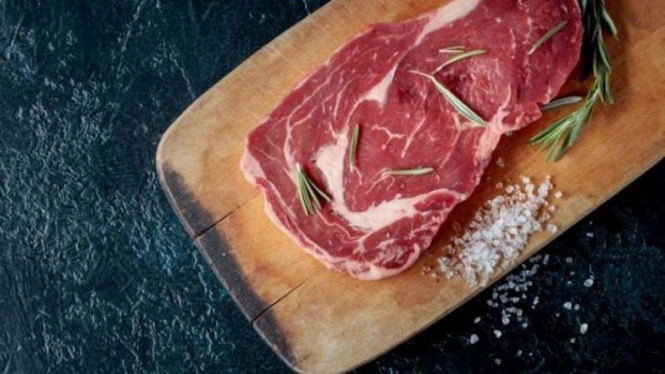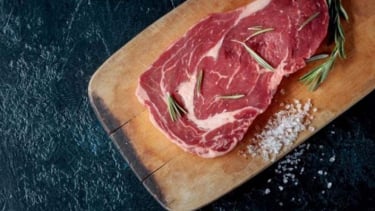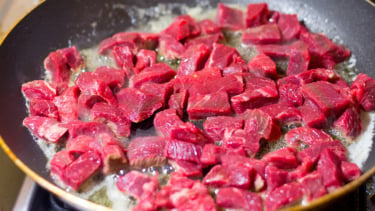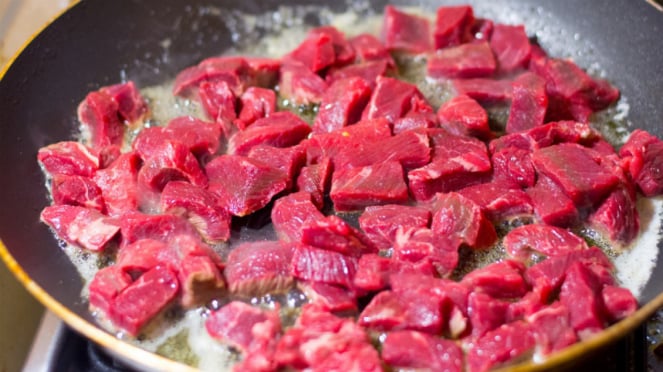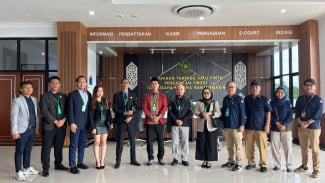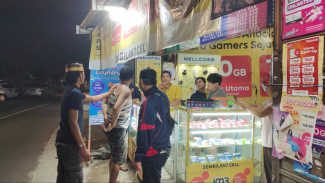How to Process Qurban Meat Properly to Avoid Dangerous Disease
- cookist
Jakarta – Eid al-Adha becomes one of big Islamic celebrations. It commemorates the willingness of Ibrahim (Abraham) to sacrifice his son as an act of obedience to God's command. According to Islamic tradition, as Ibrahim was about to sacrifice his son, God intervened and provided a ram as a substitute sacrifice. This tradition is now known as Qurban.
During Eid al-Adha, Muslims around the world participate in various religious and festive activities. The day begins with a special prayer called the Eid prayer, which is performed in congregation at the mosque or an open prayer ground.
After the prayer, Muslims traditionally sacrifice an animal, typically a goat, sheep, cow, or camel, to commemorate Ibrahim's willingness to sacrifice his son.
The meat of the sacrificed animal is divided into three parts: one-third is retained by the family, one-third is given to relatives and friends, and one-third is donated to the less fortunate or needy.
Ilustrasi memasak daging/daging merah.
- Pixabay/agamaszota
Usually, the meat from these qurban animals is processed into foods such as satay or grilled foods. However, if the meat is not processed properly, it can cause several dangerous diseases, such as cancer.
There is actually no cause and effect relationship between eating food cooked on the grill and getting cancer. However, study has found that cooking directly over a fire without a barrier can cause carcinogens to appear in the meat.
Carcinogens are substances, products or chemicals that can cause cancer. Carcinogens do not guarantee cancer, and their effects vary from person to person.
Therefore, foods containing these carcinogens trigger a higher risk of cancer, especially in someone who has a history of cancer.
"If someone is at higher risk for cancer, that risk can increase from this kind of exposure," said cancer epidemiologist Mary Beth Terry, PhD, professor of epidemiology at Columbia University's Mailman School of Public Health and associate director for community cancer prevention at Columbia's Herbert Irving Comprehensive Cancer Center.
When cooking over high heat, especially open flames, a person is exposed to two main carcinogens, namely heterocyclic aromatic amines (HCAs) and polycyclic aromatic hydrocarbons (PAH). Studies show HCAs and PAHs cause DNA changes that can increase the risk of cancer.
HCAs develop in meat when amino acids and creatine (proteins) react to high heat. Time is the enemy which means the amount of HCAs increases the longer meat is exposed to heat.
PAHs are chemicals produced when fat burns in a fire and can stick to meat cooked over an open flame.
When grilling, one is also exposed to PAHs in the smoke. Cigarette smoke and air pollution also contain PAHs, which partly explains why smoking and air pollution are linked to different types of cancer.
Also, vegetables have no protein, but excessive burning can produce benzopyrene and other carcinogens. So, how can these cancers be prevented?
"At any stage in your life, you can reduce your risk of future cancer," Terry said.
Carcinogens can alter your DNA, but your DNA has repair mechanisms that work all the time. The less repair these mechanisms have to do, the less likely you are to get cancer.
"Your body will have an easier time repairing the damage if your intake and exposure are slower. So don't have four alcoholic drinks or four grilled burgers at once,"
The first way to reduce cancer risk when grilling is to shorten the grilling time.
Reduce the time meat is exposed to extreme heat and flames by marinating and/or partially cooking with another heat source (oven, microwave, skillet) before grilling.
